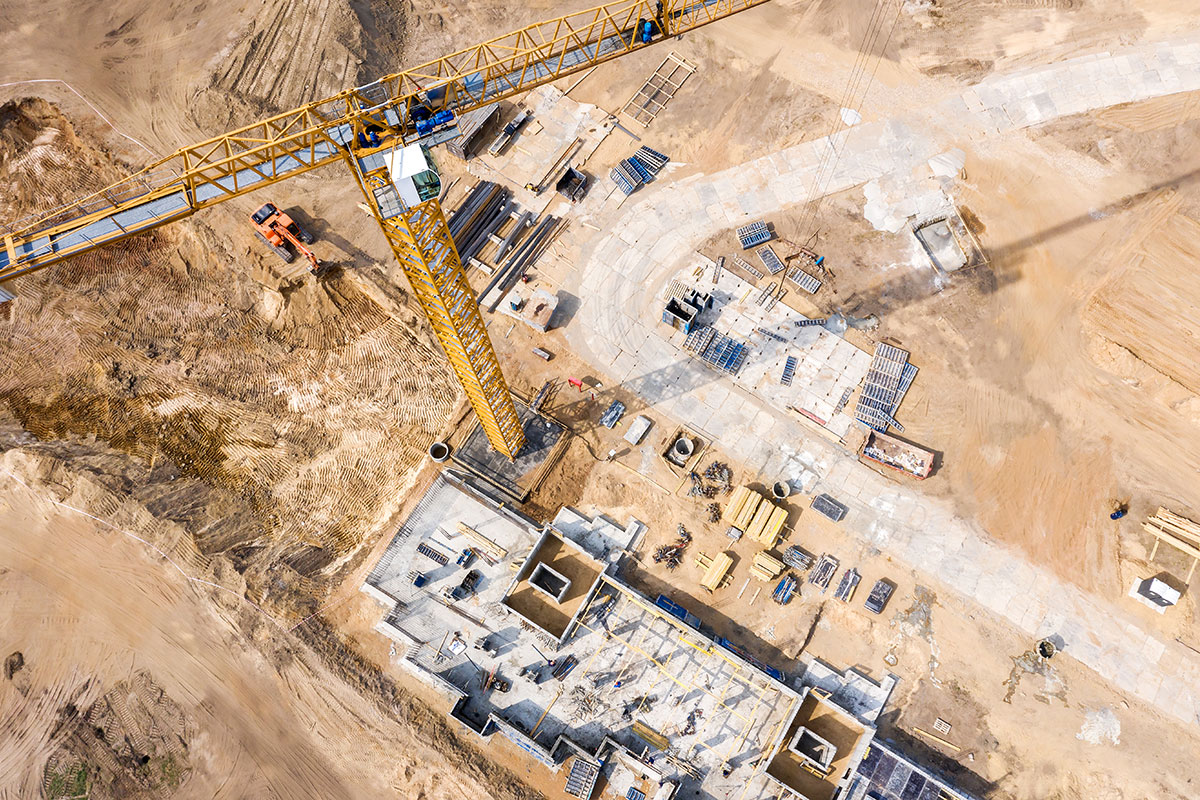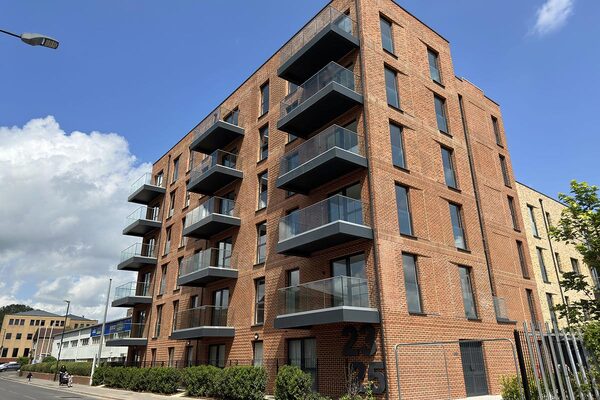You are viewing 1 of your 1 free articles

How will coronavirus affect housebuilding?
The construction sector faces its own challenges from coronavirus, with potential consequences for any social landlords with a development programme. Ian Atkinson and Michelle Essen run through the main issues
The provision of increased and improved housing is a high priority in the UK, so the current challenges in the construction industry are unwelcome – labour shortages, prolonged uncertainty around Brexit, high numbers of contractor insolvencies, high-profile building safety concerns and more all stymie the drive towards the government’s goal of 300,000 new homes a year by the mid-2020s.
“There would be delays on site and there would be risks to workers, who often finds themselves working in close contact with each other. Questions are already being asked about who would bear the costs and risks of delay”
So, the outbreak of coronavirus, which started in China at the very end of last year and has spread globally with increasing rapidity, is another in a long line of challenges that the housebuilding sector is now facing.
Helpful pointers for construction
The extent of the threat and consequences of this disease are not yet fully known. But if the UK were to find itself in a situation similar to Italy, the potential impact on the housebuilding sector is clear – there would be delays on site and there would be risks to workers, who often finds themselves working in close contact with each other.
Questions are already being asked about who would bear the costs and risks of delay.
Some important points about coronavirus for developers and contractors in the housebuilding sector to consider include:
- Business planning: what parts of your operations need a plan B? For example, if you normally source materials from a country badly hit by the virus, what alternative materials can you use?
- Health and safety: what are your obligations to your employees or workforce, particularly if they are working on site? For example, are there appropriate handwashing facilities and do you need to provide equipment or training?
- Site lockdown: what will you do if your employees or workforce contract coronavirus? If you do shut down works on site, how do you do so quickly and safely?
- Supply chains: where do your labour and materials come from? Are you sourcing materials from a country particularly badly hit by the disease?
- Contract review: what do your contracts say about:
- Using alternative suppliers or materials
- Force majeure, including epidemics or pandemics (although the World Health Organization has not yet declared coronavirus a pandemic)
- Relevant events enabling claims for extensions of time and additional money
- Delays and liquidated damages
- Rights to terminate the contract?
- Sales of new homes: if you are selling homes “off plan” and exchanging contracts before work is completed, could the delays take you beyond the long stop dates in your sales contracts and leave you with buyers who could potentially remove their reservation and withdraw from purchase?
- Frustration: could you argue that your contract has been “frustrated” – that is, a serious, unexpected event has occurred beyond the parties’ control, making it impossible to perform the contract? This is a difficult argument to run in court
- Open discussion: perhaps the best approach may be to have an open discussion with the party with which you have contracted to negotiate and agree a way forward that will work for everyone without reverting to confrontation or dispute?
- Funding arrangements: if you have funding in place, what does your funding agreement say about delays, additional costs, material changes to the programme, the works or the construction contract, and notifying the funder?
- Other agreements: does delay under the building contract have a bearing on other agreements you have in place, such as development agreements or agreements for lease?
- Insurance: do you have any insurance policies that could help you recoup any losses? Do you need to get in touch with insurers under the terms of your insurance policy?
Further thoughts
It remains to be seen just how severe the impact of coronavirus on the UK will be. However, it is prudent for businesses to consider in advance how they might deal with a worst-case scenario and to check whether existing contract arrangements offer any sort of guidance as to who bears the risk.
Longer term, ongoing development of new construction processes and innovative products will boost and enable the industry to be better placed to manage unexpected situations and to reach those challenging government delivery targets.
Ian Atkinson, partner, and Michelle Essen, managing associate, Womble Bond Dickinson
Sign up for our daily newsletter
Already have an account? Click here to manage your newsletters













